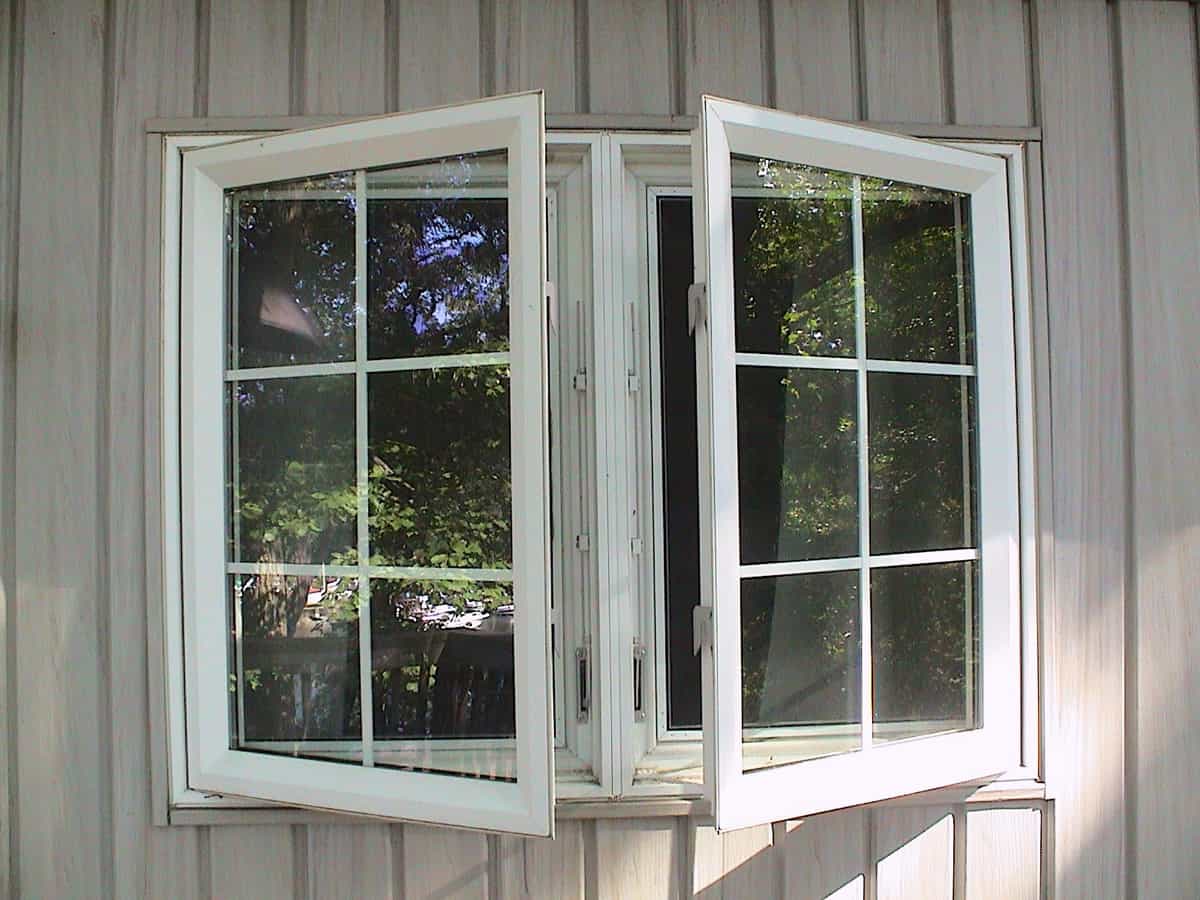Introduction: Indoor air quality (IAQ) has become an increasingly important health concern in our daily lives, especially as we spend a significant amount of time indoors. Windows, often overlooked, play a pivotal role in influencing the quality of air within our homes and offices. This comprehensive guide delves into how windows affect indoor air quality, the importance of ventilation, and the best practices for ensuring a healthy indoor environment.
Understanding Indoor Air Quality:
What is Indoor Air Quality?:
Indoor air quality refers to the air quality within and around buildings and structures, particularly as it relates to the health and comfort of building occupants. Understanding and controlling common pollutants indoors can help reduce the risk of indoor health concerns.
Common Indoor Pollutants:
Sources of indoor air pollution include gases (like carbon monoxide, radon), household products, pesticides, gases released from new furniture, and allergens. Poor ventilation can increase indoor pollutant levels by not bringing in enough outdoor air to dilute emissions from indoor sources.
The Impact of Windows on Indoor Air Quality:
Ventilation and Air Circulation:
Windows are crucial for ventilation. They allow fresh air to enter and stale air to exit. Properly designed window systems can facilitate natural ventilation and air circulation, significantly improving indoor air quality.
Sealing and Insulation:
On the flip side, windows can be a source of air leaks and drafts, which may lead to poor indoor air quality. We’ll explore how well-sealed and insulated windows can prevent this, balancing the need for ventilation with energy efficiency.
Choosing the Right Windows for Healthy Indoor Air:
Types of Windows for Optimal Ventilation:
Not all windows are created equal in terms of ventilation. We’ll look at various types of windows, like awning, casement, and sliding windows, and how they can be utilized for maximum air circulation.
Material Considerations:
The material of window frames and sills can also impact indoor air quality. We’ll discuss the pros and cons of materials like wood, vinyl, and aluminum, focusing on their propensity to off-gas or harbor mold and mildew.




The Role of Window Maintenance in Indoor Air Quality:
Regular Cleaning and Upkeep:
Maintaining windows is key to sustaining good indoor air quality. We’ll provide tips on regular cleaning and upkeep to prevent the buildup of dust, mold, and mildew, which can significantly impact air quality.
Addressing Mold and Condensation Issues:
Condensation on windows can lead to mold growth, a major indoor air pollutant. This section will offer advice on reducing condensation and effectively dealing with any mold issues that arise.
Advanced Window Technologies for Improved Air Quality:
Smart Windows and Air Quality Sensors:
The advent of smart windows equipped with air quality sensors represents a significant advancement. These technologies can monitor indoor air quality and adjust ventilation accordingly. We’ll delve into how these innovations work and their benefits.
Energy-Efficient Windows and IAQ:
Energy-efficient windows often focus on insulation and sealing, but they also need to be considered in the context of indoor air quality. We’ll explore the balance between energy efficiency and adequate ventilation.
Conclusion: The significance of windows in maintaining healthy indoor air quality cannot be overstated. By choosing the right windows, ensuring proper installation and maintenance, and possibly integrating advanced technologies, homeowners can significantly improve the air quality of their indoor environments. Remember, the air we breathe indoors is just as important as the air outside, and windows play a crucial role in maintaining its quality.
Reserve your free window consultation today at any Window and Door Specialties locations in Hendersonville, NC, Charlotte, NC, Fayetteville, NC, Myrtle Beach, SC, and Daytona, FL.






